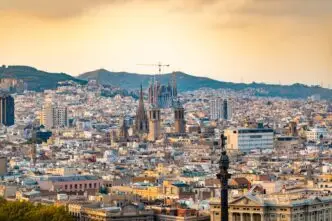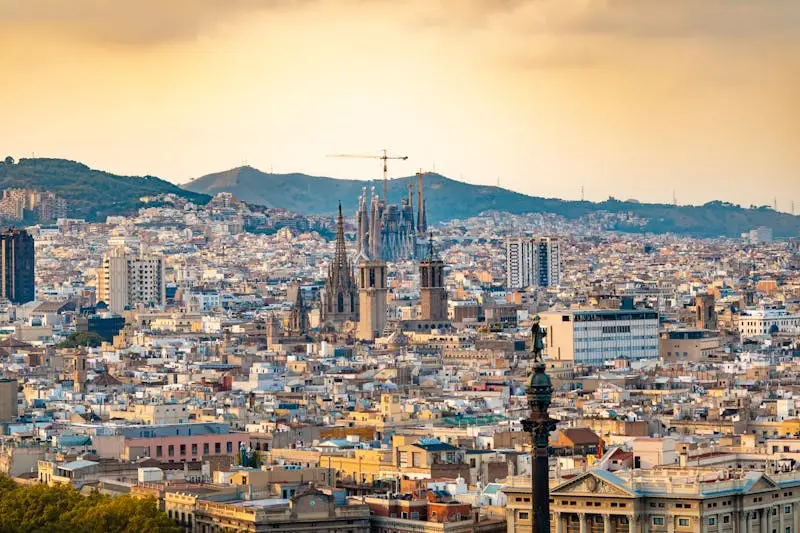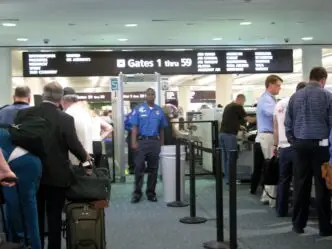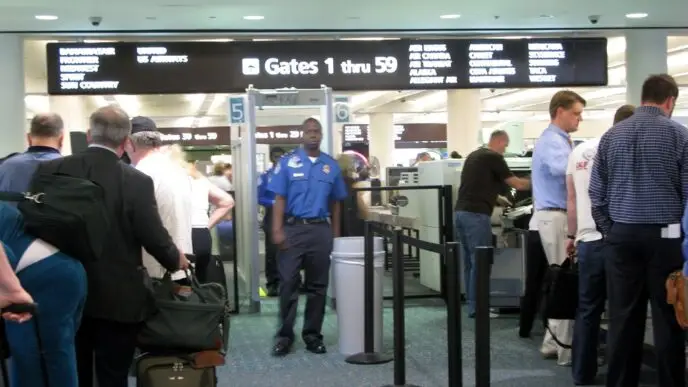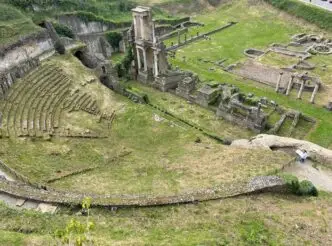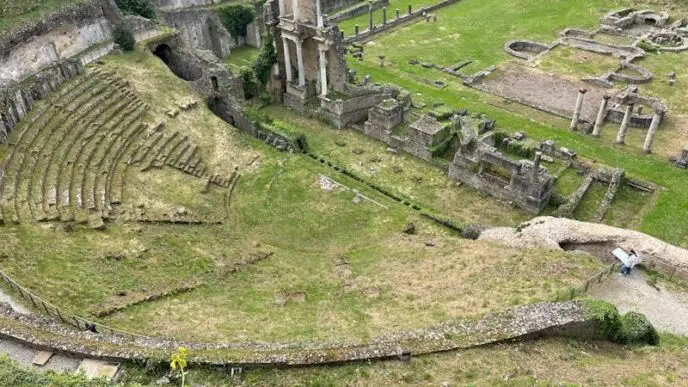Anti-Tourism Protests Escalate in Spain Amid Rising Rents and Displacement
Spanish cities, Barcelona and Mallorca are witnessing an intensification of anti-tourism protests as residents grapple with soaring rents and displacement. Catalyzed by the rapid growth of short-term holiday rentals, locals are marching in the streets, demanding that city officials take immediate action to regulate the tourism industry.
Driven by the proliferation of platforms like Airbnb, the number of tourists visiting these popular travel destinations has surged, pushing up property prices and forcing many long-term residents out of their homes. The discontent is palpable, as protestors march through city streets, brandishing signs with messages like “Tourism Kills Neighborhoods” and “Our Homes Are Not Hotels”.
Residents Up in Arms Over Overtourism
Residents of Barcelona and Mallorca have been feeling the impact of overtourism for years, but recent price hikes and increasing displacement have pushed the issue to boiling point. The influx of tourists has caused a surge in the demand for short-term holiday rentals, leading to a steep increase in rental prices. This has resulted in many locals being priced out of their homes, which are being snapped up by property investors to cater to the booming tourism industry.
According to data from the Spanish Institute of Statistics (INE), the average rental price in Barcelona has increased by around 50% over the past five years. In Mallorca, prices have risen by 40% in the same period. These escalating costs have made it increasingly difficult for locals to afford homes in their own cities, leading to a surge in protests and demands for regulation.
Rising Tensions Amid Calls for Regulation
Spanish authorities have been under pressure to address the problem for some time. However, the recent surge in protests has escalated the issue to a national crisis. Protesters are calling for strict regulation of the short-term rental market, including caps on the number of properties that can be rented out, and restrictions on how long properties can be rented for.
Despite the pressure, city officials have been slow to implement changes. In Barcelona, a moratorium on new tourist accommodations was imposed in 2017, but protesters argue that this has done little to curb the rapid growth of the short-term rental market. In Mallorca, the local government has imposed a cap on the number of tourist beds available, but this has also been met with criticism for not going far enough.
The Impact on Local Communities
While the booming tourism industry has undoubtedly brought economic benefits to Spain, the social impact on local communities has been severe. Long-term residents are being forced out of their homes, and local businesses are being replaced by tourism-oriented enterprises. This is leading to a loss of community identity and a dilution of the local culture, prompting many to question the long-term sustainability of this model of tourism.
Around 82 million tourists visited Spain in 2017, spending an estimated €87 billion. While these figures may be good for the Spanish economy, they mask the social costs borne by local communities. As protests continue to intensify, it is clear that a balance must be struck between the economic benefits of tourism and the social and cultural well-being of local residents.
The issue of overtourism is not unique to Spain, and cities around the world are grappling with similar challenges. From Venice to Amsterdam, local communities are pushing back against the unregulated growth of the tourism industry. As tensions continue to rise, the need for a sustainable and balanced approach to tourism is becoming increasingly urgent.

